Learn to Make a Change
Our mission is to enable children to contribute to solving real-life problems through high-quality, meaningful, interdisciplinary learning.
The Challenge
In today's world, children need more than subject-specific education to learn how to navigate complex real-life issues. Many schools still teach solely isolated subjects, limiting students' ability to connect knowledge across disciplines and apply it practically.
We believe interdisciplinary learning fosters critical thinking, creativity, and problem-solving. However, many schools struggle to balance subject-specific and high-quality interdisciplinary learning, leaving students without a holistic understanding of the world.
We aim to support education, ensuring every child learns to think deeply and broadly and act meaningfully, preparing them to positively impact their communities and beyond.
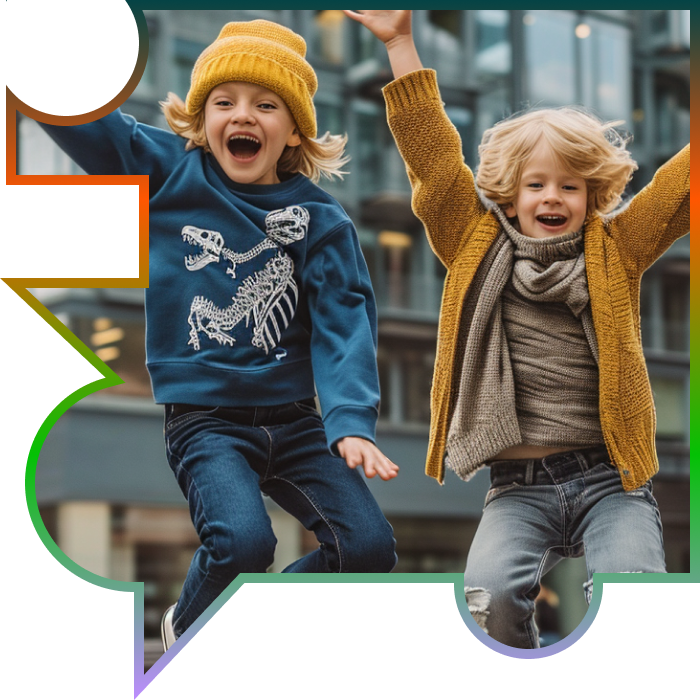
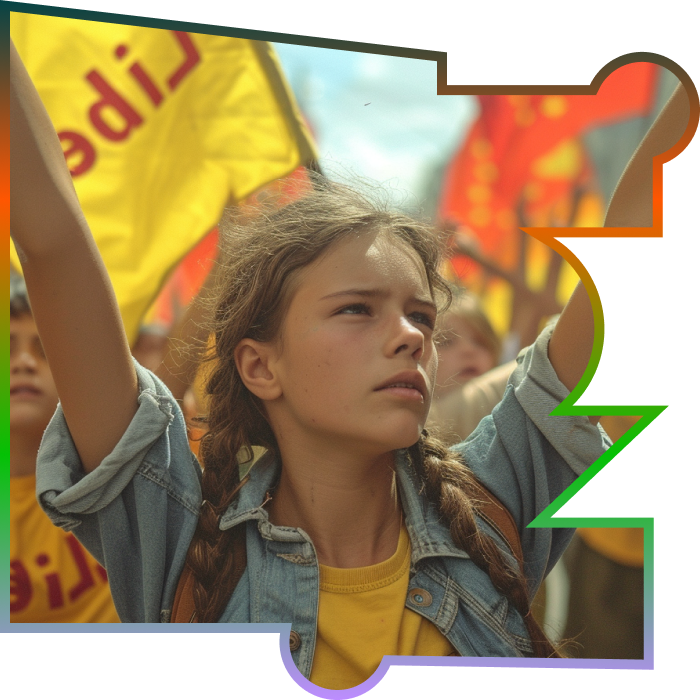
Our goal
By 2033, children across Europe will be empowered to solve real-life problems through high-quality interdisciplinary learning. We aim to achieve this by:
- Innovative Curricula:
- Integrating multiple disciplines with a focus on real-world learning.
- Training Teachers:
- Facilitating interdisciplinary learning, critical thinking, and student collaboration.
- Pilot Programs:
- Testing and refining interdisciplinary teaching methods to ensure scalability and effectiveness.
- Advocating for Policy Changes:
- Supporting and prioritizing interdisciplinary learning approaches.
- Future-Ready Skills:
- Preparing learners for the Fourth Industrial Revolution by focusing on technology skills, digital literacy, inclusive learning, problem-based science, lifelong learning, innovation, and global citizenship.
- Technology & Environment Integration:
- Bridging technology and environmental education with hands-on initiatives in preschool and school communities.
Visionary sessions
Changemakers’ Mission Visionary Team
We convened a small panel of leading practitioners and researchers for an online Visionary Session on 26 November. Their viewpoints grounded the mission in proven practice, highlighted pitfalls, and revealed key impact gaps that guided our design work.
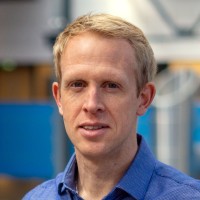
Niko Vegt
Senior Researcher, Co-creation with Youth
Erasmus University Rotterdam (NL)
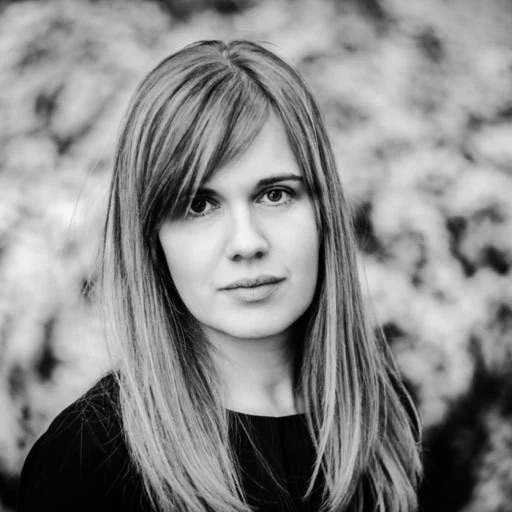
Mirjana Senić Ružičić
Assistant Professor, Digital Pedagogies & Digital Literacy
University of Belgrade – Faculty of Philosophy (RS)
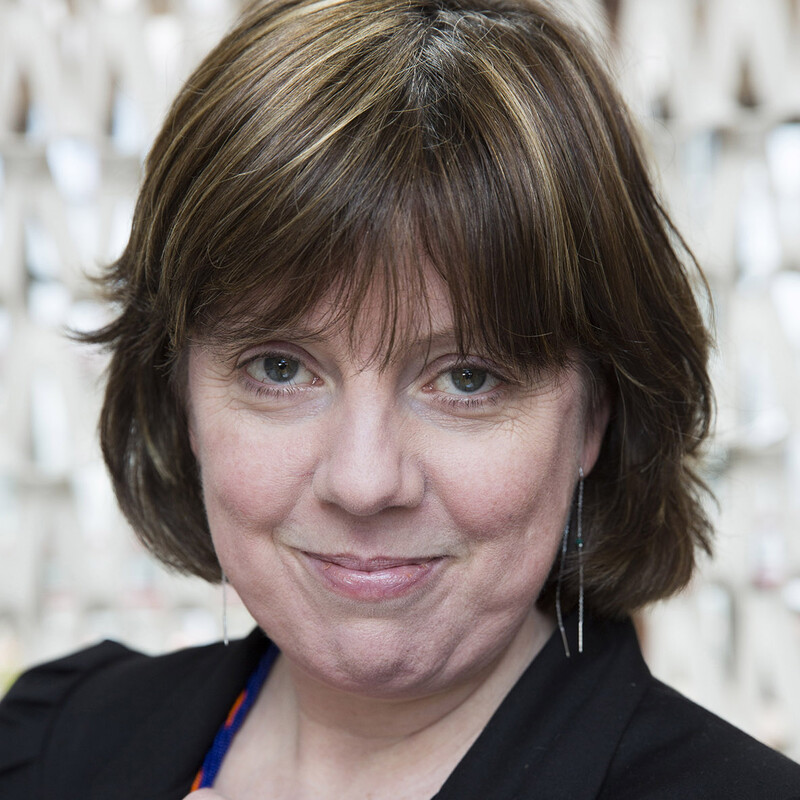
Emer Beamer
Social co-designer with children; Ashoka Fellow
Co-founder, Designathon Works (NL)
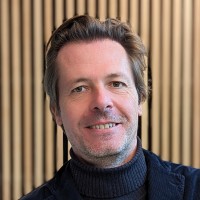
Olivier Brechard
Director, LearningPlanet Alliance
Learning Planet Institute (FR)
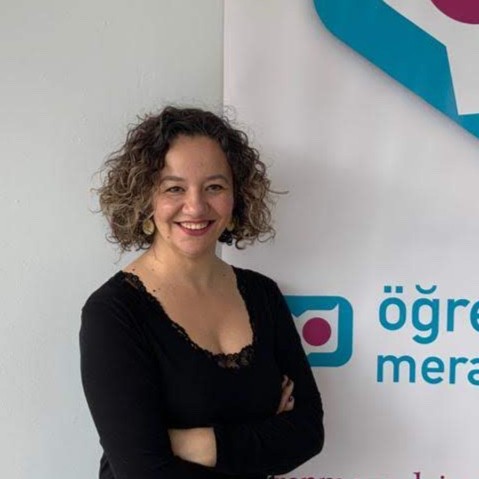
Burcu Güngör Cabbar
Assoc. Prof.; Creative Drama Leader & Educator
Balıkesir University (TR)
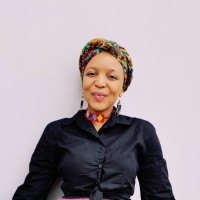
Nomfundo Ndlovu
Senior Programme Manager
WESSA – International Schools Programmes (ZA)
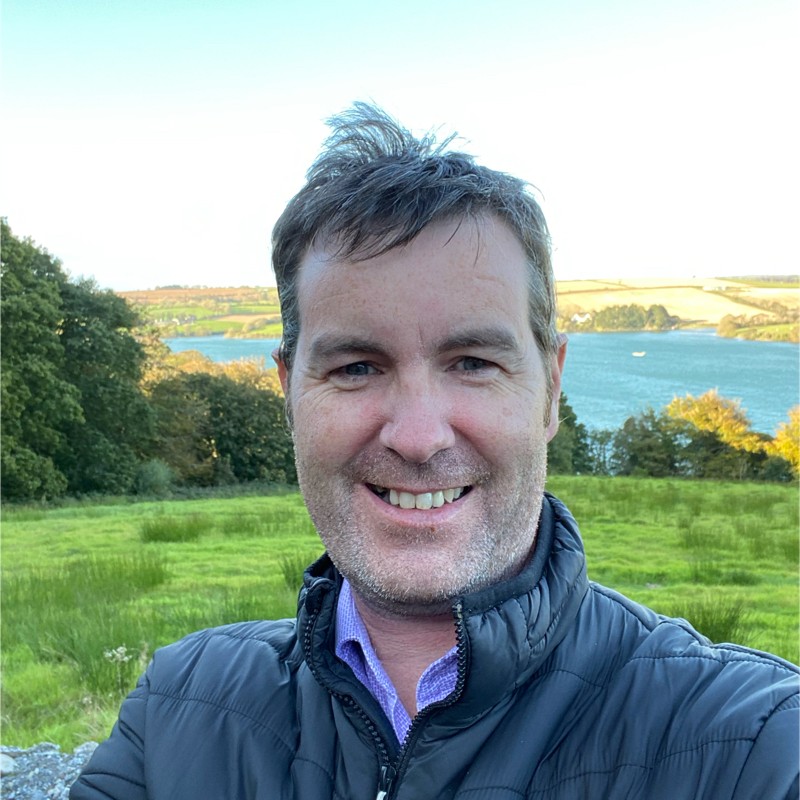
Paidi O’Reilly
Adjunct Professor; Speaker & Facilitator
University College Cork (IE)
Designer sessions
Co-creating Actionable Solutions with Learners and Educators
We translated visionary insights into concrete designs through structured cocreation with students and teachers.
Focus theme & topic
From the Visionary Session we prioritised: Theme: Community Collaboration & Local Action. Topic: Minimal real-life engagement or local problem-solving in curricula. We aim to move beyond classroom simulations toward authentic local projects with community partners.




Designer process
We moved through sensing and framing to ideation and convergence—mapping barriers, generating 8 transformative learning activities, and shortlisting pilots with students and teachers. The full flow, tools, and schedule are captured in our report.
Download designer session reportOur project brief
Outcome: the Youth Voice Lab—a school-based model where student teams design and deliver local action projects with adult mentorship, building real pathways for youth voice in school and community decisions.
Download project brief